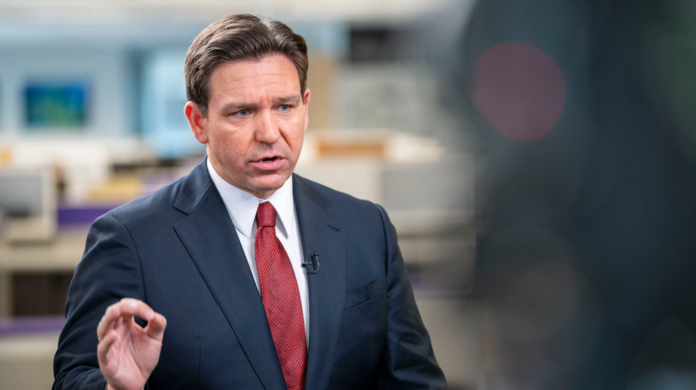The state of Florida, under the leadership of Governor Ron DeSantis, has launched an unprecedented assault on higher education, marking a new chapter in the ongoing war against critical thought. In a move that echoes the state’s already notorious restrictions on K-12 education, Florida officials have now targeted college campuses, specifically aiming to diminish the role of sociology as a core subject in public colleges and universities. This decision, driven by a misguided campaign against so-called “woke” ideologies, not only undermines academic freedom but also poses a significant threat to the cultivation of critical thinking among students.
Afshan Jafar, a sociology professor and the chair of the Sociology Department at Connecticut College, sheds light on the invaluable role sociology plays in helping students navigate complex social landscapes. Jafar’s journey from a curious international student to a dedicated educator underscores the discipline’s capacity to foster understanding and empathy across cultural divides. Yet, in Florida, the subject has been unjustly cast as a scapegoat by right-wing politicians who fear its potential to challenge existing power structures and encourage a deeper examination of societal issues.
The American Association of University Professors (AAUP) has issued a damning report on the dire situation facing public higher education in Florida, citing an ideological assault that jeopardizes the very essence of meaningful academic pursuit. The governor’s recent initiatives, including the removal of Principles of Sociology from core curriculum requirements, reflect an alarming trend towards stifling intellectual exploration and silencing dissenting voices.
This systematic erosion of academic freedom is justified by the DeSantis administration under the guise of combatting “woke” ideologies, with officials like Florida Commissioner of Higher Education Manny Diaz Jr. falsely accusing sociology of being hijacked by left-wing activists. Such baseless accusations ignore the discipline’s fundamental goal of understanding social dynamics and addressing structural inequalities. By replacing sociology with narrowly focused courses that align with a conservative agenda, the state not only deprives students of a comprehensive education but also risks creating a generation ill-equipped to tackle the complex challenges of our time.
The pushback against these draconian measures is gaining momentum, with educators, unions, and activists rallying to defend the value of sociology and the broader principles of academic freedom. As the attacks on education escalate, the resistance movement is expanding its focus to include higher education, recognizing the interconnectedness of the struggles across all levels of the educational system.
Florida’s assault on sociology is more than just an attack on a single academic discipline; it’s a direct challenge to the very foundations of critical thinking and democratic engagement. As we witness the unfolding of this educational crisis, we must stand in solidarity with those fighting to preserve the integrity of academia. The battle for the soul of education in Florida is a stark reminder of the stakes involved—not just for students and educators in the Sunshine State, but for the future of critical thought and informed citizenship across the nation.



